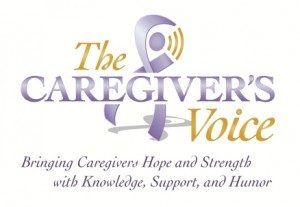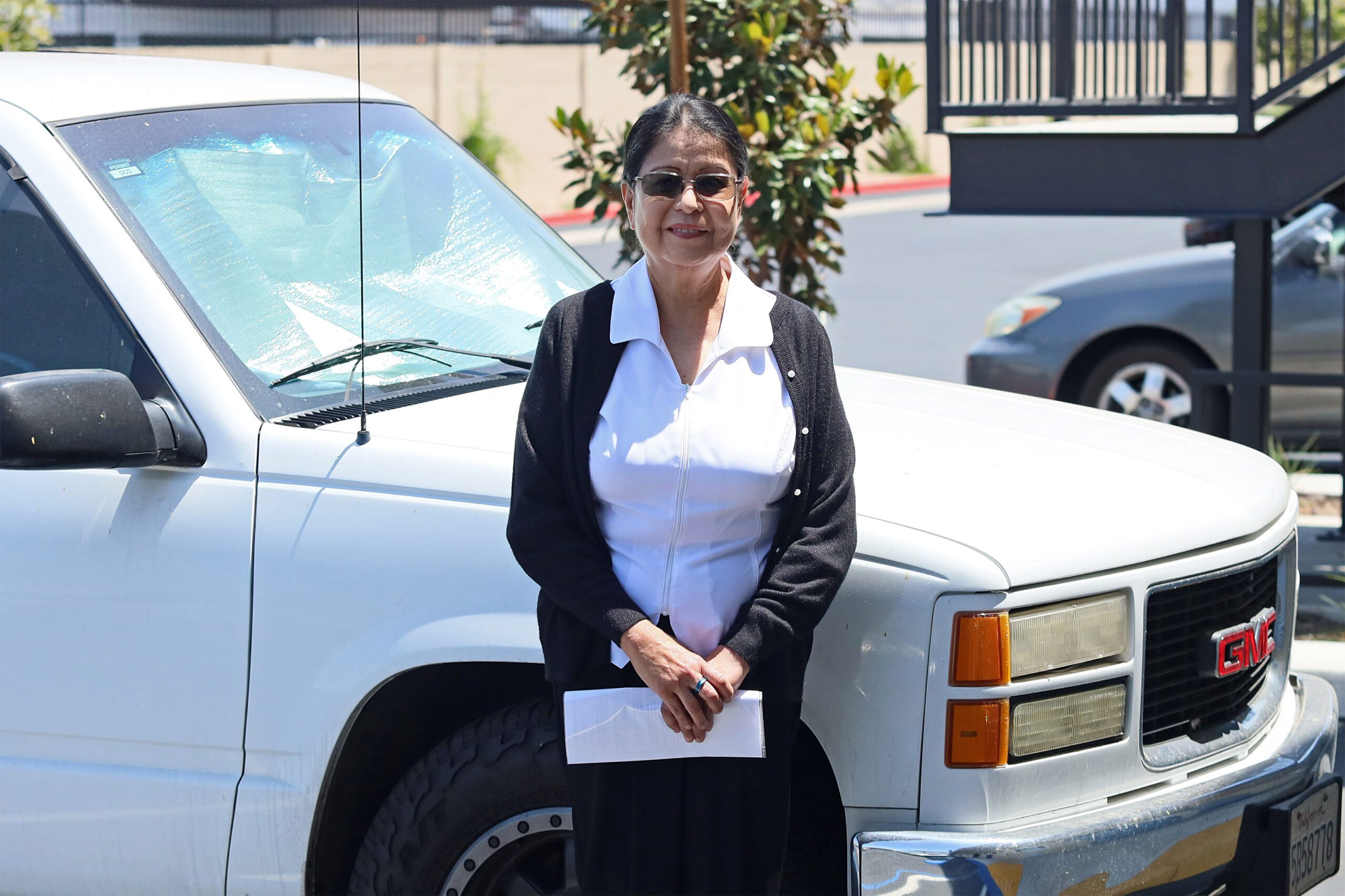Corinne Dinges, M.D. was an Oklahoma native in her OB/GYN residency when she was diagnosed with Ewing Sarcoma, a rare and aggressive form of bone cancer. Because of her medical background, Corinne knew the risk chemotherapy and radiation posed to her fertility. She preserved her eggs prior to beginning treatment and was passionate about informing other young, recently-diagnosed women of available fertility preservation procedures.
Dinges battled Ewing’s Sarcoma and Leukemia for three years before she died on August 17, 2021. Her time on Earth was cut short by this disease, but her mission to help Oklahoma women still lives on through the lives of those she touched.
One of those women is Carly Kirkland, who is now in remission for a rare form of bone cancer called osteosarcoma. She thanks Corinne for helping her make the decision to preserve her eggs.
“There were dreams of mine that hung in limbo when I was going through cancer treatment but having a family was never one of them because of freezing my eggs,” Kirkland told News 9.
Some cancer treatments can have adverse affects on fertility.Kirkland was given ten days to preserve her eggs before her treatment started, which was a challenge when working with insurance.
“There were dreams of mine that hung in limbo when I was going through cancer treatment but having a family was never one of them because of freezing my eggs,” Kirkland said. “When paired with the race against the clock to start chemo and then the large sum of money that is required for a lot of people it’s just too much and they just think we will worry about it later well later is often too late.”
 Corinne Dinges, who died from Ewing’s Sarcoma and Leukemia, left a lasting legacy of support for women in Oklahoma.
Corinne Dinges, who died from Ewing’s Sarcoma and Leukemia, left a lasting legacy of support for women in Oklahoma. Kirkland understood that this is an issue that thousands of other women in Oklahoma face each year. She now wants the standard of cancer care to include informing women about fertility options before they undergo treatment.
“We are trying to establish a solution that is both equitable to the cancer patient and just general Oklahomans from an insurance standpoint,” she said.
Corrine’s Law, Senate Bill 1599, has two main goals, to educate women on their fertility preservation options and ensure that fertility treatment is accessible to everyone battling cancer.
 Thousands of women are diagnosed with cancer in Oklahoma every year.
Thousands of women are diagnosed with cancer in Oklahoma every year. “…This ability to make sure that her legacy and her passion for this cause lives on,” Kirkland told News on 6. “I think that she would be thrilled to know that no one else even has to think about this decision if this legislation were to pass. I just think there is no better way to honor her and her legacy and her heart for others.”
Because of Corinne, Kirkland knew her options for having a family and now she is fighting for other women to have that same chance.
“Insurance did not cover it,” Kirkland said. “That is something that we are still working on…I am just hoping that Corrine’s Law would render it possible for women to not even have to think twice about preserving their eggs.”
 Women should not be forced to make choices that affect their lives or fertility without understanding the available options.
Women should not be forced to make choices that affect their lives or fertility without understanding the available options. According to Cancer.org, many women may not be not aware of the irreparable damage cancer treatment may have on fertility. Even the most common recommended treatment protocols such as surgery, radiation, chemotherapy and/or long-term drug therapy will often result in infertility.
These procedures are not covered by most insurance companies, and the prohibitive out of pocket cost to preserve fertility ahead of treatment averages $15,000 in many US states, Money reports. There is also increased health risk during and after treatment.
A study published in the Journal on Women’s Health indicates that many women choose a less toxic dose of chemotherapy in order to mitigate potential effects on future fertility, even if it means their cancer may come back.
 Help support Corinne’s Law in Oklahoma!
Help support Corinne’s Law in Oklahoma! Thousands will be diagnosed with cancer in 2022, ABC News reports, and those between 18-40 may be unable to have children unless they preserve their fertility.
Create a brighter future for Oklahomans battling cancer. Click below and support Corinne’s Law!
Provide Mammograms
Support those fighting Breast Cancer at The Breast Cancer Site for free! →
WhizzcoOriginal Article










